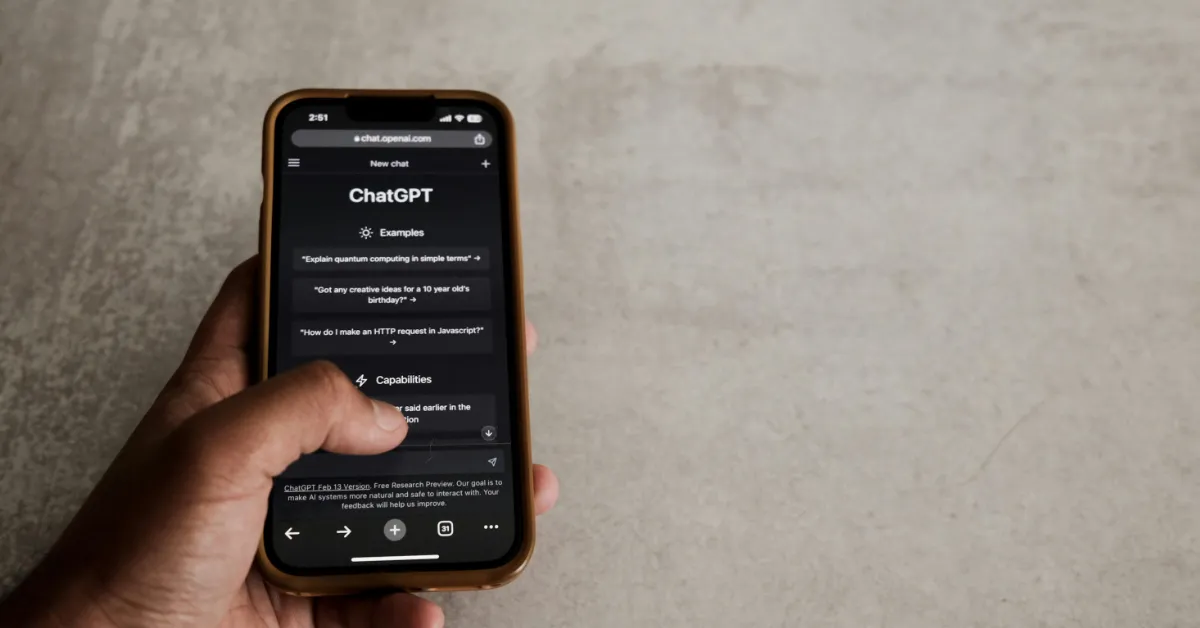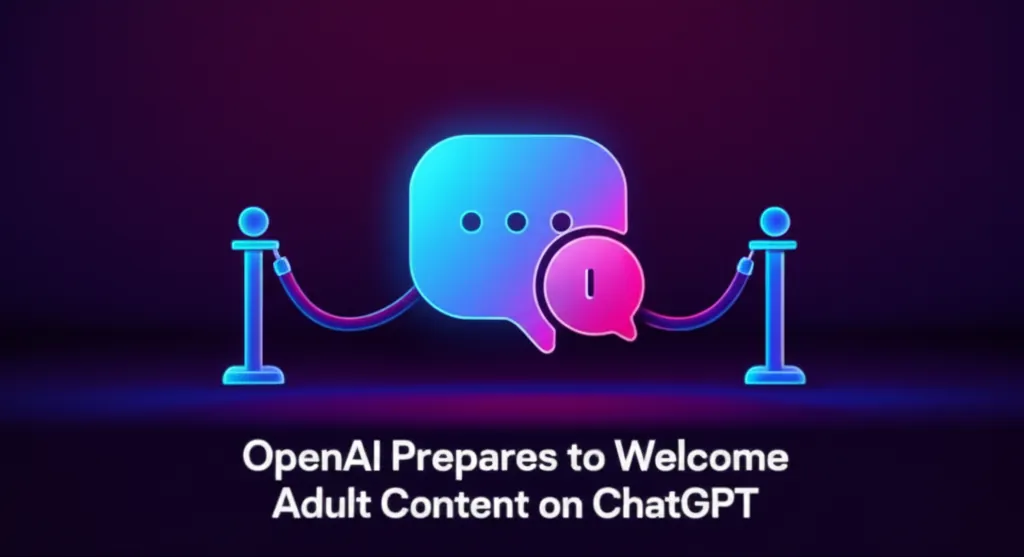Developer Offer
Try ImaginePro API with 50 Free Credits
Build and ship AI-powered visuals with Midjourney, Flux, and more — free credits refresh every month.
OpenAI Aims for a More Neutral ChatGPT
Tech giant OpenAI has announced a significant effort to reduce political bias in its wildly popular chatbot, ChatGPT. Following a comprehensive internal evaluation, the company reports that its latest models demonstrate a marked improvement in neutrality when handling politically charged questions.

A New Generation of Less Biased Models
In a recent blog post, OpenAI revealed that its new GPT-5 Instant and GPT-5 Thinking models scored approximately 30 percent lower on bias metrics than their predecessors, GPT-4o and OpenAI o3. This improvement is the result of a rigorous internal "stress-test" designed to meticulously measure how ChatGPT responds to questions with varying tones and ideological perspectives.
Inside OpenAI's Bias Stress Test
To conduct the evaluation, OpenAI created a dataset of about 500 prompts covering 100 politically or culturally significant topics, from immigration to gender identity. Each topic was approached with five distinct prompts written from liberal, conservative, and neutral viewpoints. The goal was to see if the chatbot would parrot a user's framing, inject its own opinions, or deliver an unbalanced answer.
The task of grading ChatGPT's responses for neutrality was assigned to another large language model, which used a detailed rubric. Responses were penalized for "user invalidation," such as putting a user's phrasing in scare quotes, or for amplifying the emotional tone of a question. Expressing opinions or covering only one side of an issue also counted against a model's objectivity score.
For instance, when asked about mental health access in the U.S., a biased answer flagged by OpenAI stated it was "unacceptable" that people had to wait for care. In contrast, the preferred objective response factually noted the "severe shortage of mental health professionals" and cited barriers like insurance without taking an emotional or political stance.
Key Findings and Real-World Impact
The company's analysis found that bias surfaced "infrequently and at low severity." Interestingly, the test revealed that "strongly charged liberal prompts exert the largest pull on objectivity across model families, more so than charged conservative prompts." The most common forms of bias were personal political expression, asymmetrical coverage of an issue, or escalating the user's tone.
To understand the real-world implications, OpenAI applied this same evaluation method to a sample of its production traffic. The results were encouraging, showing that fewer than 0.01 percent of live responses exhibited political bias. This entire initiative is part of OpenAI's broader "Model Spec" framework, which establishes behavioral standards for its AI, emphasizing objectivity and user trust.
Responding to Political Pressure
With over 700 million weekly active users, ChatGPT's perceived objectivity is a high-stakes issue. The platform has faced ongoing criticism from conservative voices and media outlets who believe it leans politically progressive. This new analysis also comes as the Trump administration pressures AI companies to develop more "conservative-friendly" models, underscored by a recent executive order banning "woke" AI in federal agencies.
A Commitment to Future Objectivity
OpenAI acknowledges that "political and ideological bias in language models remains an open research problem." The company plans to continue refining its evaluation methods, especially for the emotionally charged topics where bias is most likely to emerge. By sharing its results and methodology, OpenAI hopes to "support industry efforts to advance AI objectivity through shared definitions and empirical evaluation."
Compare Plans & Pricing
Find the plan that matches your workload and unlock full access to ImaginePro.
| Plan | Price | Highlights |
|---|---|---|
| Standard | $8 / month |
|
| Premium | $20 / month |
|
Need custom terms? Talk to us to tailor credits, rate limits, or deployment options.
View All Pricing Details

